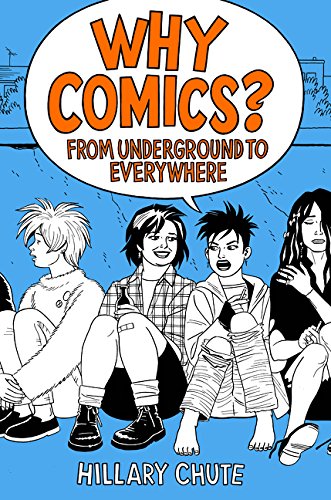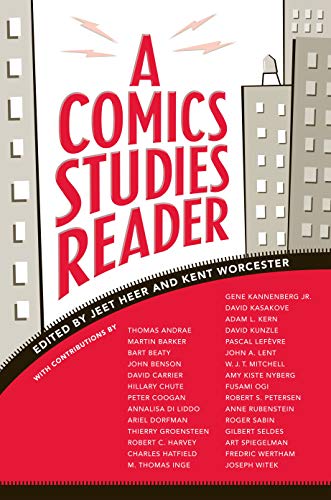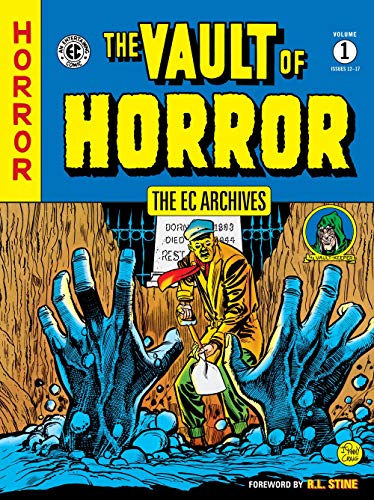MDST 3710 – Fall, 2022 – Meets: TuTh 12:30pm – 1:45pm
“Comics” have had a long history in global print and media culture, discussed at various points under a variety of names/forms: comic strips, comic books, graphic novels, sequential art, la bande dessinée, manga, fumetti, and so on. In this course, we will discuss the multiple histories of these media, their connection to and reflection in other media, and their own unique genres, movements, and forms. Comics will be positioned here as a vibrant medium rooted in pulp entertainment but also as worthy of serious scholarly and critical evaluation.
First, we will explore the forms and “language” of comics, and gain some experience making “minicomics” of our own. Next, we will learn about comics’ history through a look at its evolution of genres, media industries, and forms of distribution. Throughout the term, our focus will balance understanding form, understanding history, and then exploring multiple critical perspectives on these media.
This course is formally a workshop, even though our goals will be the same as a seminar — students will be reading comics, critically evaluating the form, understanding the industrial underpinnings of the medium, all the while regularly constructing comics of their own (as tools to react to the course discussions). Students will read excerpts from several cartooning-focused popular and instructional texts, including Scott McCloud’s Understanding Comics, Ivan Brunetti’s Cartooning: Philosophy and Practice, and Lynda Barry’s Syllabus, among other instructional texts.
Additionally, in Fall, 2021, the thematic focus of the semester will be on Censorship and Moral Panics. Given the recent attempts to limit access to comics such as Art Spiegelman’s Maus, we will look at comics from the lens of censorship. We will contextualize these recent events in the long history of censorship with comics, spending time discussing the impact of the 1950s “moral panic” over horror comics, its legacy with regards to 1960s alternative comics, the Comics Code, and the evolution of comics fan communities well into the 21st century.
We will read many of the following, which are scholarly texts, popular writing about comics, and comics/graphic novels. These will often be excerpts, but some may be read in their entirety:









This is a lot of books, but again, rest assured that many will be excerpted rather than read in their entirety. Efforts will be made to keep course costs under approximately $100 total for all texts. And readings will be intentionally eclectic — cutting across multiple periods of comics, multiple subgenres, multiple publishers, and multiple audiences.
Course assessments will involve a creative comic-making project and reflection assignment, regular short papers and a longer-form minicomic creation project, as well as assignments aimed at analyzing the form(s) and interpretation of comics. While this course is a workshop, it is, again, also a seminar, with students expected to participate regularly in class discussions about the topics of the course. Additional scholarly readings will be provided as PDFs via the course Collab site. While we will discuss comics as intellectual property sources for contemporary television and film, our focus will decidedly be on comics themselves — students interested in superhero comics in particular should consider MDST3559: Superhero Media. Finally, we are assuming we’ll be meeting face to face in the fall, but this course will have an online component, which will likely take the form of the occasional Zoom call replacement for a class session and the use of a course Discord to foster out-of-class discussion.
If you have any questions about this or any other course (or anything else on this website), please don’t hesitate to email Dr. Duncan at sean dot duncan [at] virginia [dot] edu.
